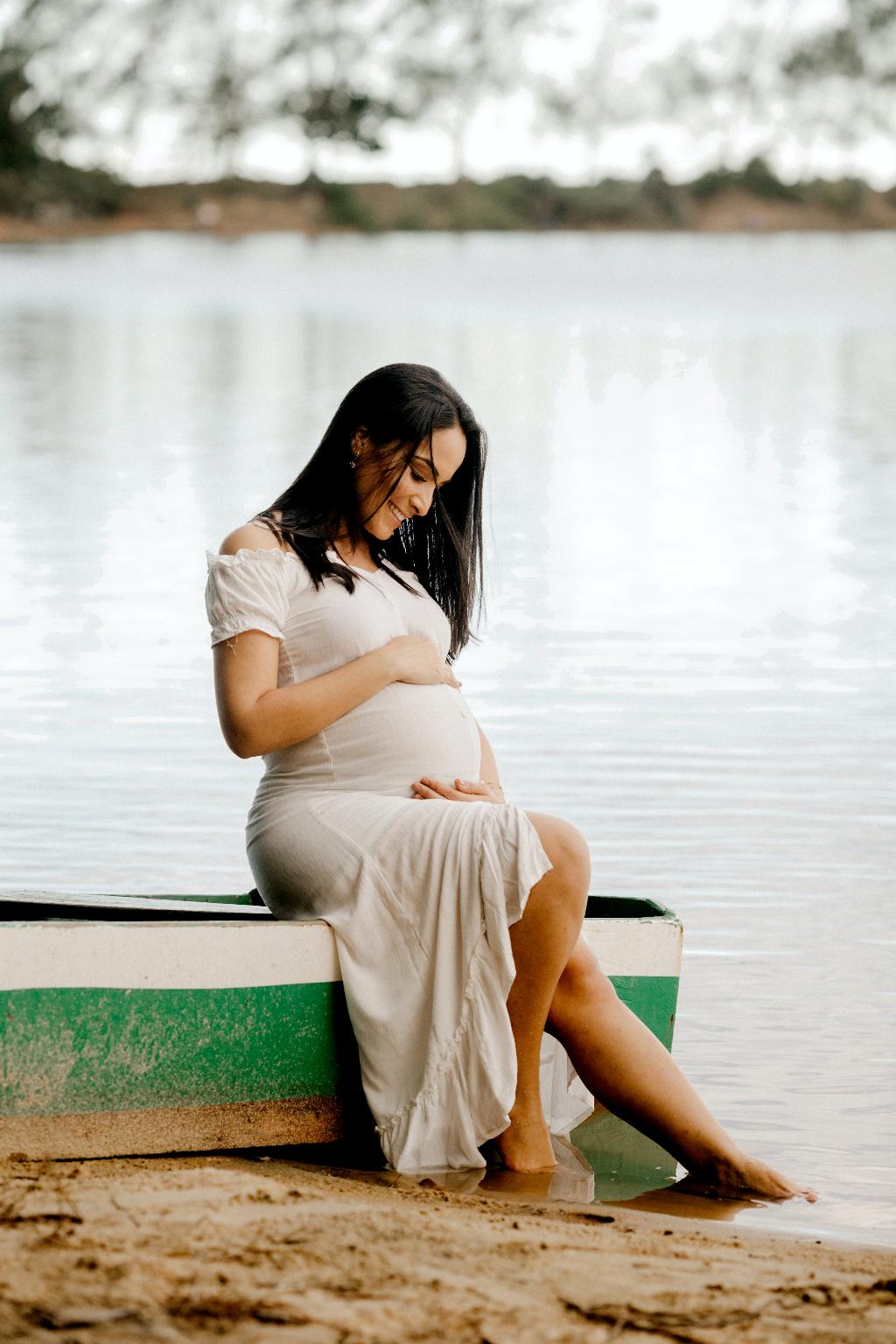When it comes to the changes that occur in a woman’s body during pregnancy, the development of pimples can be a common occurrence for some individuals. It’s essential to recognize that pregnancy acne isn’t a unique form of acne but rather a manifestation of hormonal fluctuations that can lead to skin issues.
One significant factor contributing to the formation of pimples during pregnancy is the heightened production of oil, known as sebum. This excess oil production is a result of the body’s increased levels of certain hormones, such as androgens, that stimulate the sebaceous glands in the skin to produce more sebum.
Furthermore, the hormonal changes that occur during pregnancy play a crucial role in the development of pimples. The surge in hormone levels, particularly estrogen and progesterone, can disrupt the balance of oil production in the skin, leading to clogged pores and the formation of acne lesions.
Another contributing factor to pregnancy-related pimples is the increased blood circulation in the body. The enhanced blood flow can bring more nutrients and oxygen to the skin, but it can also result in the skin becoming more sensitive and reactive, making it prone to developing acne.
In addition to hormonal fluctuations and increased sebum production, stress can also exacerbate the occurrence of pimples during pregnancy. The emotional and physical stress that many pregnant individuals experience can trigger hormonal imbalances that may worsen existing skin conditions, including acne.
Dietary factors can also impact the development of pimples during pregnancy. Consuming a diet high in refined sugars, processed foods, and dairy products can potentially worsen acne symptoms due to their ability to influence hormone levels and inflammation in the body.
It’s important to note that genetic predisposition can also play a role in the likelihood of experiencing acne during pregnancy. Individuals with a family history of acne may be more prone to developing pimples during this period, as genetics can influence one’s skin type and response to hormonal changes.
Moreover, skincare and beauty products used during pregnancy can contribute to the formation of pimples. Some products may contain ingredients that are comedogenic or irritating to the skin, leading to pore blockages and acne flare-ups, especially when the skin is already more sensitive during pregnancy.
Environmental factors such as humidity and pollution can also impact the skin’s condition and potentially worsen acne during pregnancy. Exposure to pollutants and allergens in the air can clog pores and cause inflammation, making the skin more susceptible to developing pimples.
While hormonal fluctuations are a primary cause of pimples during pregnancy, lifestyle habits like inadequate sleep and lack of exercise can also influence skin health. Poor sleep patterns and a sedentary lifestyle can disrupt hormone levels and skin renewal processes, leading to skin issues like acne.
Effective management of stress through relaxation techniques and mindfulness practices can help alleviate hormonal imbalances that contribute to acne during pregnancy. Maintaining a balanced diet rich in fruits, vegetables, and whole grains can also support skin health and reduce the likelihood of developing pimples.
Consulting with a dermatologist or healthcare provider is recommended for pregnant individuals experiencing severe or persistent acne. They can provide personalized recommendations for skincare products, medications, and treatments that are safe and effective during pregnancy to manage acne and promote healthy skin.

